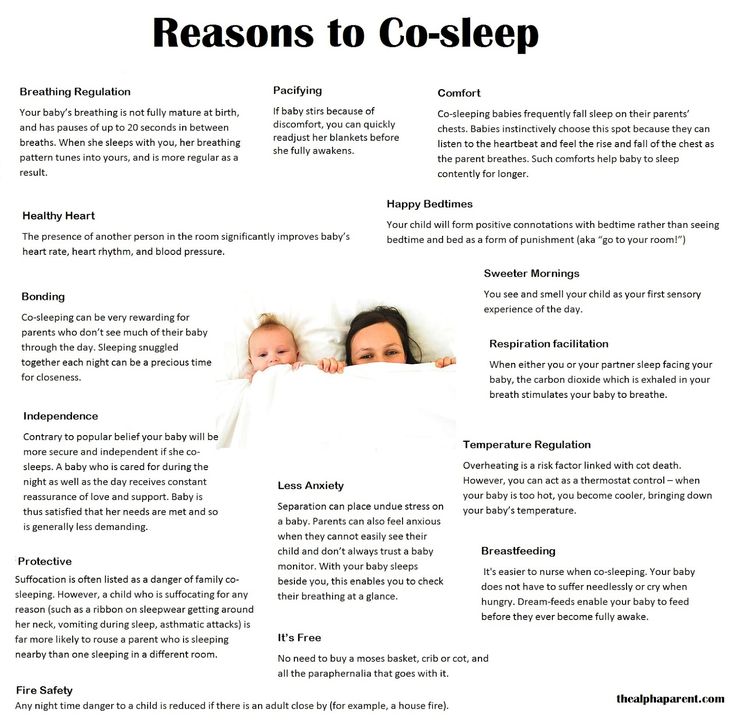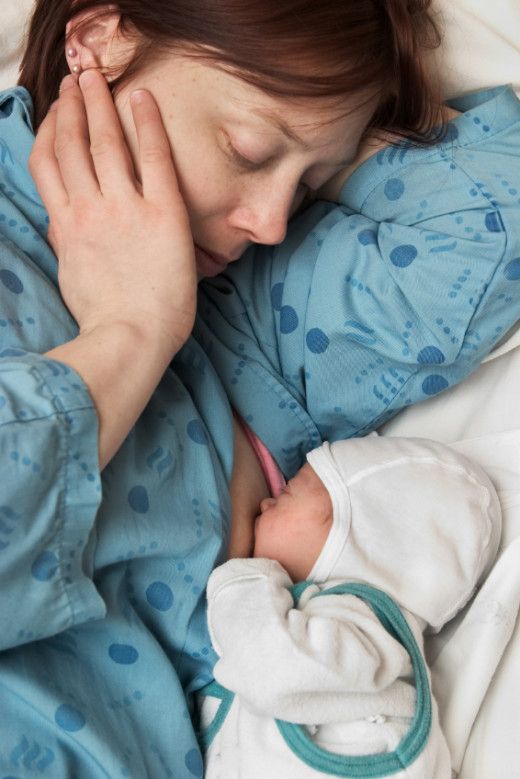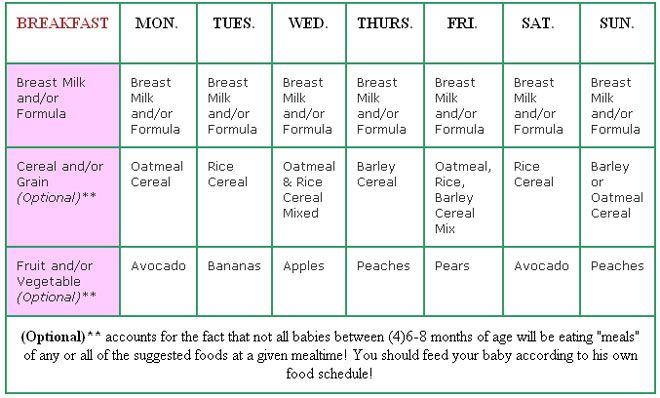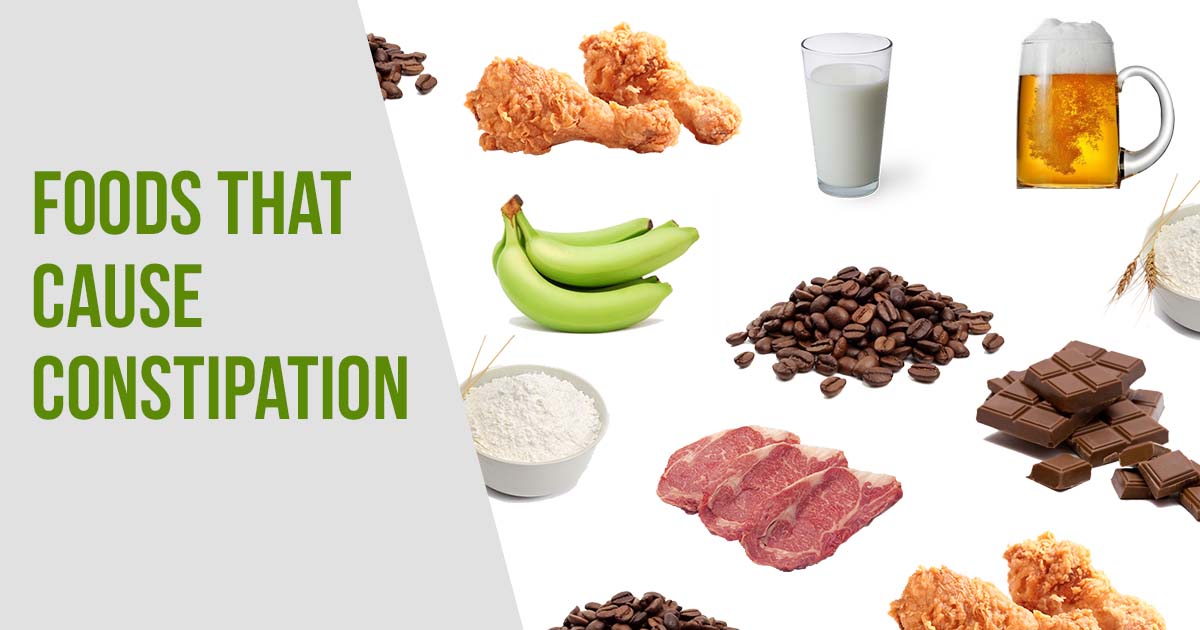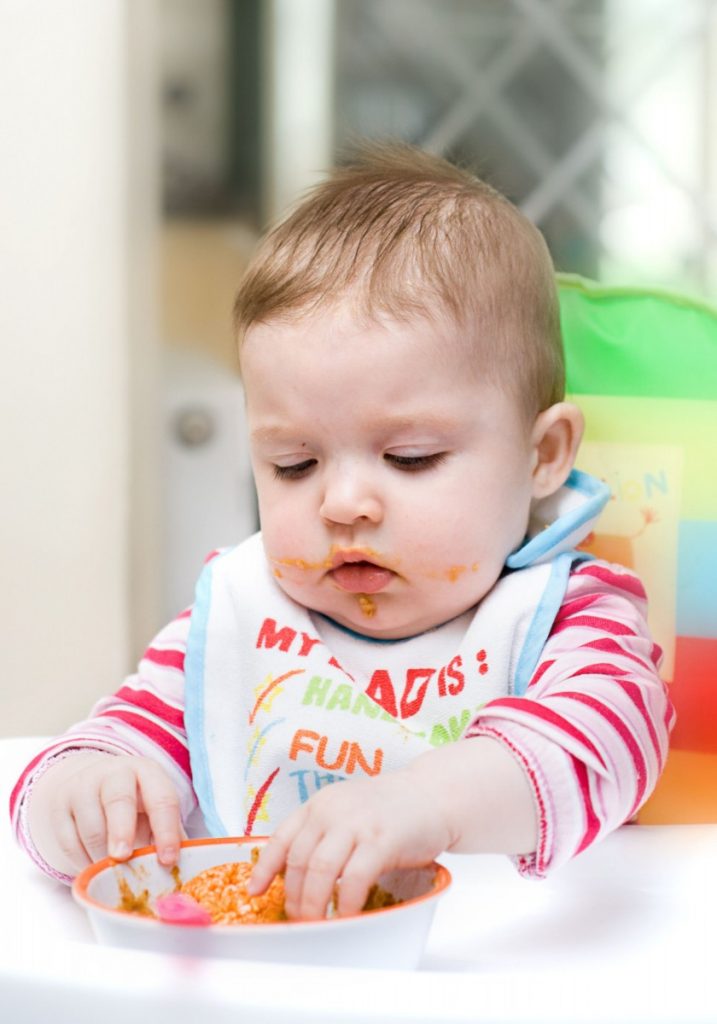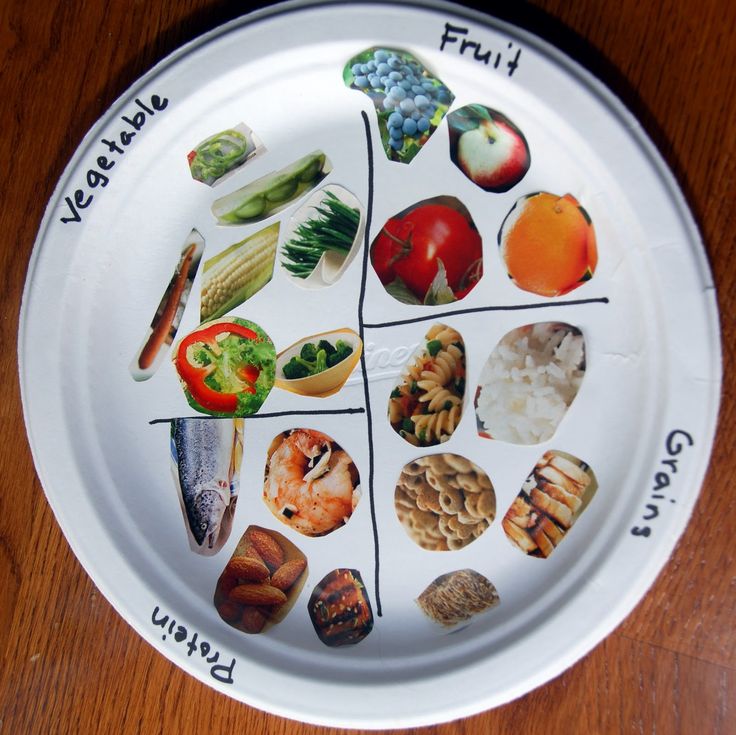Should you feed baby before bed
Feeding Your Baby to Sleep - Is it a Good Idea?
Tags:
- Baby
- Newborn Sleep
- 3-6 Months Sleep
- 6-9 Months Sleep
- breastfeeding
- self-settling
This is one of those sleep topics that people often have a strong opinion on.....so we hope that you find our information on this topic helpful.
Our perspective is that if you are reading our sleep information, you are wanting to teach your baby to sleep through the night or at least reduce night-waking....so our tips are designed to achieve this objective!
Introduction
Feeding to sleep is one of the most common ways to get newborn babies to sleep. Tired babies will often fall asleep when feeding, as the combination of breast milk, cuddling with mum and sucking is very powerful. Plus, newborns can only cope with being awake for about an hour at a time, so if feeding takes a while, it becomes more and more likely baby will nod off while feeding.
With older babies, feeding to sleep can continue to be effective at getting your baby to fall asleep. However feeding to sleep quickly becomes a firm habit, as baby learns to fall asleep by feeding. Over time this means they will want to be fed back to sleep every time they wake in the night, which is on average 4-6 times for babies over 5 months.
Feeding your baby to sleep can be lovely for all ages; baby is snuggled in your arms, having a delicious cuddle, it's warm and comforting. It's great for bonding and lovely for both mum and baby.
'Feeding to sleep' in this article generally refers to breast-feeding to sleep but the information can equally be applied to babies who fall asleep while being bottle fed.
Should I feed my baby to sleep?
It's a very personal decision and you will know what is best for your baby. However, we encourage you to read the information below, so you understand the longer term impact of feeding your baby to sleep.
While it may seem like a quick and easy settling solution now, the majority of longer term night-waking that we deal with is caused by an entrenched habit of either feeding or rocking to sleep.
It's best to be well informed about feeding to sleep and make a decision about whether this is what you want to do, rather than feeling like you have to do it or it's the only option.
Feeding babies under 5 months to sleep
When babies are newborn, how they fall asleep often doesn't have too much impact on their sleep. You may be feeding to sleep and your baby is sleeping through the night, or having good day sleeps. This is because newborns drift in and out of sleep cycles, and haven't yet learned habits of how they get to sleep.
One impact of feeding a newborn to sleep can be catnapping. This is particularly true if you feed a baby to sleep, then transfer them to their bassinet. They may sense you are not there when they wake or miss the sound of your heart-beat, and will wake up shortly after being put down.
Plus you may also feel that you are feeding all the time or stuck to the sofa, as if you move your baby will wake up!
One option is to change your routine, so you use Feed, Play, Sleep. This means you feed your baby when she wakes, rather than right before she needs to sleep. Your baby will feed better as she is hungry and alert, rather than snacking and falling asleep.
There is no need to do a 'top up' feed before your baby gets into bed. If you observe tired signs, pop your baby into bed and use settling techniques such as white noise and swaddling to get her to sleep.
Be aware that baby sleep changes significantly at about 4-5 months. A baby who is fed to sleep and has been sleeping all night will likely start waking again after 4-5 months. If the feeding to sleep continues, many babies go back to waking 4-6 times or more every night, wanting the powerful breast milk/sucking/cuddle combo to get back to sleep.
The sooner you start to teach your baby to fall asleep without feeding, the easier it is likely to be!
Weaning newborns off being fed to sleep
-
For babies under 4 months, start by reviewing The Happiest Baby techniques of Swaddling, White Noise and Side/Stomach position etc.
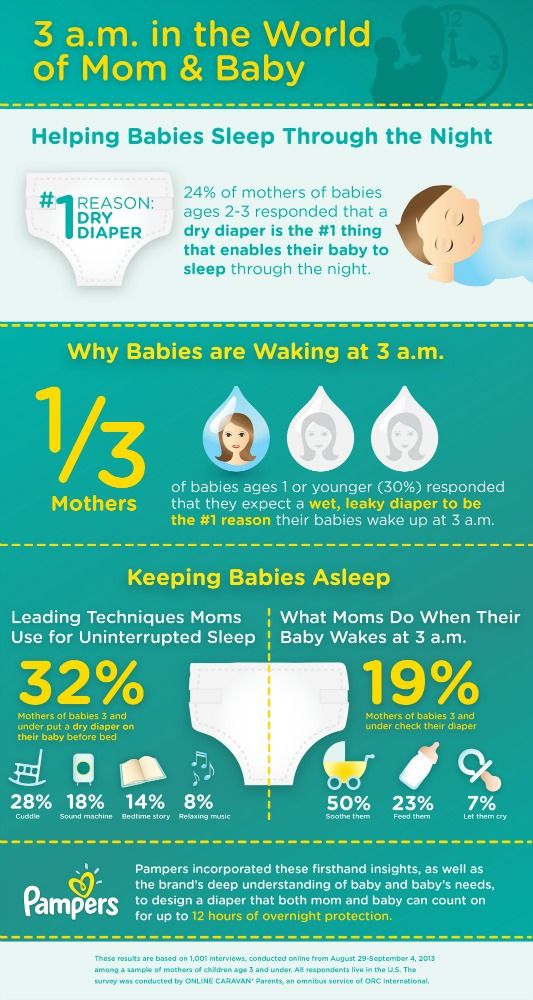 Often using these settling techniques will make enough difference that you can change with relative ease.
Often using these settling techniques will make enough difference that you can change with relative ease. -
Use the feed/play/sleep routine during the day, so you are settling baby when she is tired....and feeding baby when she wakes up.
Feeding babies over 5 months to sleep - continued night waking
If you are happy with frequent night waking, then of course it is fine to feed your baby to sleep. But if you are wanting to encourage your baby to sleep through the night and be able to settle without your help, then weaning your baby off being fed to sleep is essential.
This is because all babies over 5 months wake FULLY between sleep cycles (usually 4-6 times a night minimum) and to 'sleep through the night' they need to be able to resettle themselves after each sleep cycle. If they are feeding to sleep at bedtime, they will likely expect to be fed back to sleep at each night-waking too.
For babies over the age of 5 months, feeding to sleep is one of the most common reasons that babies wake in the night. This is true for babies who were sleeping through and start waking again, and is the reason why many babies have never slept through.
This is true for babies who were sleeping through and start waking again, and is the reason why many babies have never slept through.
Generally, the longer a baby has been fed to sleep, the more often a baby will wake in the night...rather than less.
As we have said, if you are OK with this...no problem at all. But if you are becoming exhausted from repeatedly getting up to your infant and having to feed her back to sleep during the night, changing your bedtime settling technique will have a significant impact on baby's night-time sleep.
Read our information on sleep assosiations for more on this
Only mum will do
Another reason that many mums become frustrated with feeding to sleep is that it means only they can settle baby at bedtime. This can mean you feel tied to home and you can never go out in the evening. It can mean limited options for baby-sitting, especially if further feeding is required if baby wakes an hour or two later.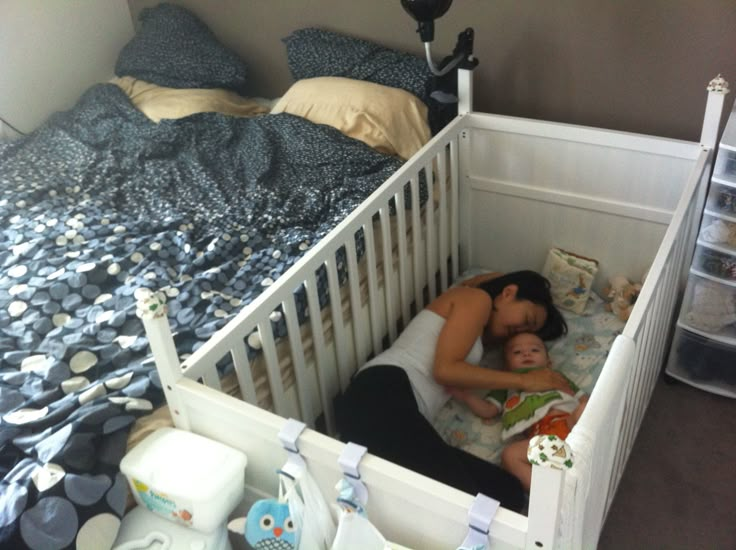
By teaching your baby another settling technique you may be able to enjoy the odd evening out with your partner or even a night away!
And it is great when Dad can settle baby to sleep at bedtime and during the night. It's great for his confidence with your baby and nice to spread the work-load of baby around a bit!!
Relying on feeding to sleep can put extra pressure on you as a breast-feeding mum...and we know it is the reason why many mums give up breastfeeding altogether. Once your baby is no longer fed to sleep, you may find you actually enjoy breastfeeding more as you may feel you regain a sense of control.
How to decide when to wean your baby off feeding to sleep
Regardless of the age of your baby, you can wean your baby off being fed to sleep relatively quickly and easily - when you are ready to do it!
Feeding to sleep becomes a very strong habit, for both mum and baby, and dad can rely on it pretty heavily too! So absolute commitment from both parents to teaching baby a new settling technique is essential if you are going to be successful.
While you have an end goal of teaching your baby to self settle, it's worth noting that this doesn't mean using 'cry it out'.....there are lots of options for teaching babies to settle without feeding to sleep. Choose one that you as a family are comfortable with. Different techniques work for different families, depending on the age of the baby, how quickly you need it to work, what you are prepared to try etc.
Also remember your consistency and commitment to your sleep plan will be the main thing which determines if your baby learns to settle without feeding to sleep, so only start when YOU are ready.
Recognise that teaching your baby a new settling technique takes days or weeks...do not expect your baby to like the change immediately or instantly sleep through the night after one day!
But you should start to see improvements after 4-5 days if you are being consistent with always using the new technique and not confusing your baby by feeding her back to sleep in the night.
Read our detailed article on teaching your baby to self settle
Should I feed baby to sleep at night?
Babies over 4-5 months generally do not need any feeds in the night if they are having a dreamfeed at about 10pm. Doing a feed with your baby ASLEEP means you fill her tummy without her knowing, and you go to bed knowing she is not hungry in the night. Alternatively you could feed for the first wake after 9pm.
If you are not sure if your baby can last without any additional feeds, you won't know till you try it! It is worth trying to settle your baby without a feed and see if she can go back to sleep with a some additional warm bedding (often babies wake COLD rather than hungry), cuddle, patting, dummy or another settling technique. Generally we offer a feed as the first option, rather than try some other things first and see if she will go back to sleep.
You can also check with your Plunket nurse if she is happy with your baby's weight gain.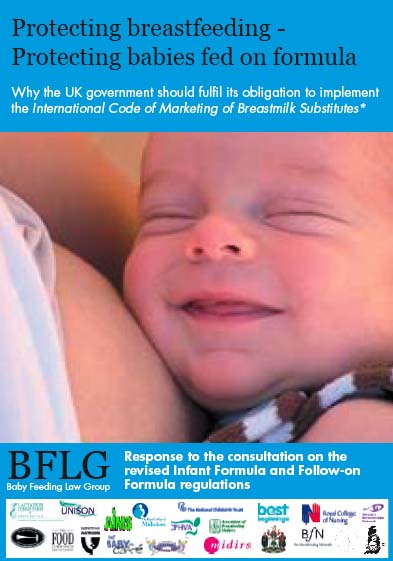 ..i.e. if your baby is not putting on enough weight, then you will need to continue with at least one night feed.
..i.e. if your baby is not putting on enough weight, then you will need to continue with at least one night feed.
However you will find that the quicker you drop all feeds other than a Dreamfeed, the quicker your baby will sleep independently through the night. Babies often do not drop night feeds without some gentle encouragement from mum!
The quicker you drop all feeds other than a dreamfeed, the quicker your baby will sleep independently through the night.
How to gently stop feeding your baby to sleep
-
Babies over 5 months generally do really well with a structured routine for daytime and bedtime, such as day sleeps at 9am, 1pm, 4.30pm and bedtime at 7pm. This also means you will feed your baby when she wakes during the day, rather than before sleep times.
-
Introduce some additional positive sleep associations and allow several days for your baby to become attached to them before you start teaching self settling.
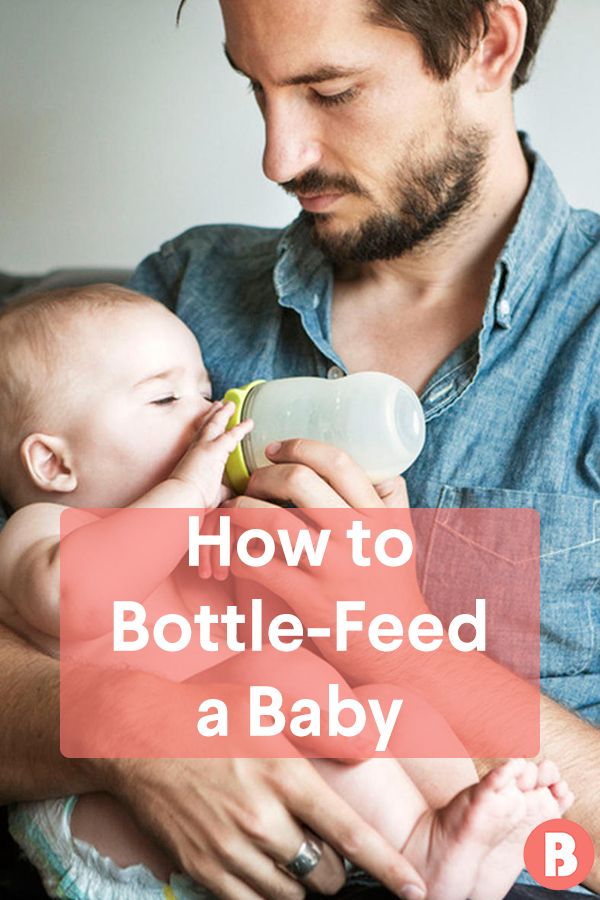 For example, start putting your baby into a sleeping bag before you feed her, give her a comforter to cuddle (for babies over 6 months of age) while you feed her and play white noise during the feed as she falls asleep...These associations are going to replace YOU as her main sleep association (i.e. what she needs to fall asleep).
For example, start putting your baby into a sleeping bag before you feed her, give her a comforter to cuddle (for babies over 6 months of age) while you feed her and play white noise during the feed as she falls asleep...These associations are going to replace YOU as her main sleep association (i.e. what she needs to fall asleep). -
Using a Safe T Sleep can give your baby a lovely feeling of pressure around her tummy, the same way your hand can or being cuddled. This is worth looking at as another tool in this weaning process.
-
Aim for 10 minutes of awake time between finishing your 6.30pm feed and when baby goes into bed. This can be cuddles, stories, a walk round the house, massage etc. You may want to gradually work up to 10 minutes if you currently feed baby until she is asleep. E.g. tonight aim for 30 seconds between feed and baby into bed, tomorrow night aim for a minute etc.
-
Your first step is to teach your baby she can actually fall asleep in bed, rather than on YOU - this is the most significant aspect of the weaning process.

-
So if you currently feed baby until she is asleep, change to only feeding baby until she is drowsy. Then put her into bed and then pat/sssh/put firm pressure on her tummy etc until she falls asleep IN BED.
-
Once your baby can fall asleep in bed OK, change to feeding until calm and use your patting to get baby get drowsy in bed.
-
Then you can work on increasing the awake time between the end of the feed and when you put your baby into bed awake.
-
Finally you will need to gradually reduce the amount of patting you do to help your baby get drowsy or fall asleep.
-
CONSISTENCY - Make sure you do the same for any night-waking! So if you are up to putting baby into bed drowsy but awake at bedtime, then do the same during the night.
-
If you have a really sucky baby, consider using a dummy for bedtime and during the night settling. Once babies are over about 5 months they can learn to put a dummy back in for themselves, which means you don't need to feed them back to sleep!
-
The No Cry Sleep Solution is a great resource if you want a very slow and gentle approach to weaning off feeding to sleep.
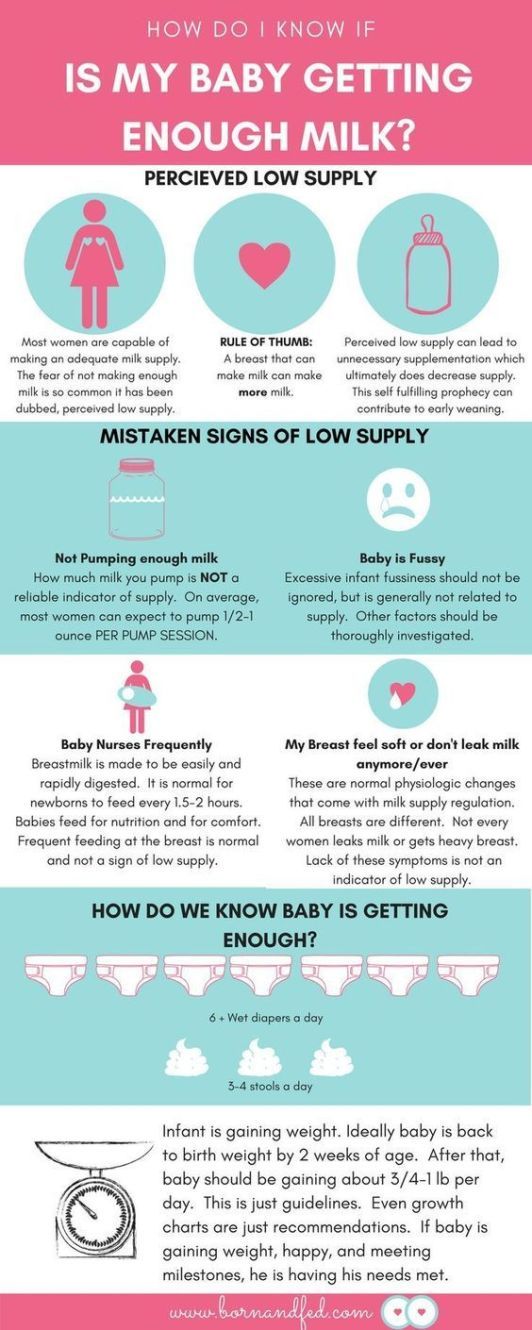 The technique involves the 'Pantley Pull-off' where you un-latch your baby and gently close her mouth, repeatedly....as she learns she can get to sleep without sucking. It is a very involved process but will work if you are consistent and patient with it.
The technique involves the 'Pantley Pull-off' where you un-latch your baby and gently close her mouth, repeatedly....as she learns she can get to sleep without sucking. It is a very involved process but will work if you are consistent and patient with it.
It won't be as hard as you expect!!!
At this point you should reassure yourself that you can teach your baby to fall asleep without feeding, and it will not be nearly as hard as you imagine it will be.
This is absolutely the message we get from many mums every week - just decide on a plan and you will soon have a baby who loves to cuddle and feed, but doesn't rely on it to get to sleep at bedtime and through the night.
We Recommend These
MCGRAW HILL
Sold out
View Product
WOOLBABE
Sold out
View Product
Sold out
View Product
If you are suffering post-natal depression or are shattered.
 ..
.. Over 50% of post-natal depression can be resolved in a few days when the baby learns to sleep through the night, i.e. the link between maternal sleep deprivation and depression is very strong.
So if you are depressed or just feeling at the end of your tether, you might want to consider a faster approach to weaning them off being fed to sleep - there are no prizes for being a martyr, particularly if your own health and well-being is at stake!!
The verbal reassurance method will generally teach a baby to sleep independently in 3-4 nights - see our facebook discussion page for feedback from other mums on this technique or see the Sleepeasy Solution DVD.
Recommended Articles
Teaching your baby to self settle
Everyone talks about self settling...but why is it important? Why should you bother to teach your baby to settle himself at bedtime? Why not just continue feeding or rocking your baby to sleep?
Read MoreSleep Associations and Self Settling
Teaching your baby to self settle at bedtime can be one of the biggest challenges you will face with your baby's sleep.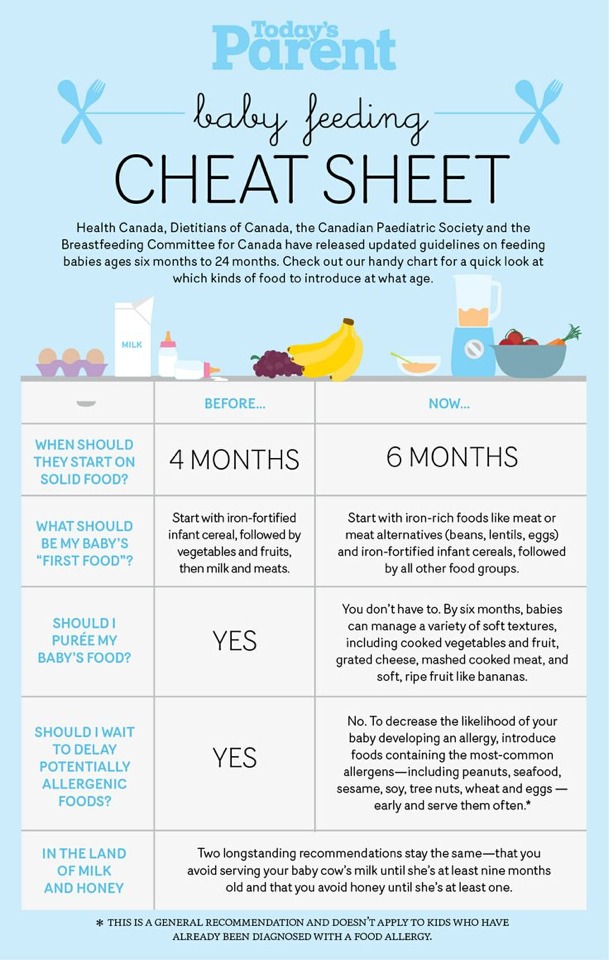 It is an essential step in your baby learning to sleep through the night.
It is an essential step in your baby learning to sleep through the night.
Introducing and using a comforter
A small blanket or soft toy specifically designed to be used for settling babies and providing comfort.
Read MoreFeeding Baby to Sleep | Baby Sleep Advice | The Sleep Store
Mother breastfeeding baby to sleep in a baby carrier
Tags:
- Baby
- Newborn Sleep
- 3-6 Months Sleep
- 6-9 Months Sleep
- breastfeeding
- self-settling
BACK TO SLEEP ADVICE
Is it really so bad to nurse a baby to sleep?
There’s nothing more peaceful than having your baby doze off during her nighttime feeding—so why do experts discourage breastfeeding your baby to sleep?
For many moms, nursing a baby to sleep is a peaceful, relaxing habit that comes naturally to both them and their babies. Unfortunately, it’s likely not the best way to set your baby up for a restful night’s sleep.
Unfortunately, it’s likely not the best way to set your baby up for a restful night’s sleep.
“Babies arouse two to six times in the night as a result of normal healthy sleep rhythms,” explains Pamela Mitelman, a Montreal-based clinical psychologist who specializes in paediatric sleep. But they don’t necessarily fully wake up every time. The difference between a slight arousal or a full-blown wakeup? Sometimes it’s if they’re dependent on something to get them back to sleep. It could be rocking, a pacifier or nursing—whatever it is, if it isn’t there, they’ll wake up looking for it. So, if your baby develops a need to nurse to fall asleep, they could potentially fully wake up needing you at every little arousal—basically every 90 to 120 minutes in the night.
In the early days, it’s virtually impossible for your newborn not to doze off while nursing because his circadian rhythm hasn’t been established and breastmilk is a natural sleep inducer. So if your baby is less than two months old, try not to worry that much when you see his eyes close mid-feed. That said, you can instil good sleep habits from the get-go by trying to put your baby down while he’s tired but not asleep, even just once in a while, to get him used to the idea of falling asleep without nursing. “After a few months, we encourage moms to try to keep the baby awake during feeds,” says Janey Reilly, CEO and founder of WeeSleep. This might mean tickling his feet, or nursing in a brightly lit, noisy area to help him avoid the temptation to drift off.
So if your baby is less than two months old, try not to worry that much when you see his eyes close mid-feed. That said, you can instil good sleep habits from the get-go by trying to put your baby down while he’s tired but not asleep, even just once in a while, to get him used to the idea of falling asleep without nursing. “After a few months, we encourage moms to try to keep the baby awake during feeds,” says Janey Reilly, CEO and founder of WeeSleep. This might mean tickling his feet, or nursing in a brightly lit, noisy area to help him avoid the temptation to drift off.
It’s not that you can’t nurse your baby at bedtime, but try not to do it as the last part of the routine, says Mitelman. “The best way to put an infant to sleep is in a drowsy but awake state,” she says. For example, you could try nursing your baby without letting him fall asleep, then put him in a sleeper, turn off the lights and place him in the crib. “If a six-month-old or even a four-month-old is being nursed, has a cat nap, opens his eyes, then mom puts him into bed, he is not as primed for sleep,” says Mitelman.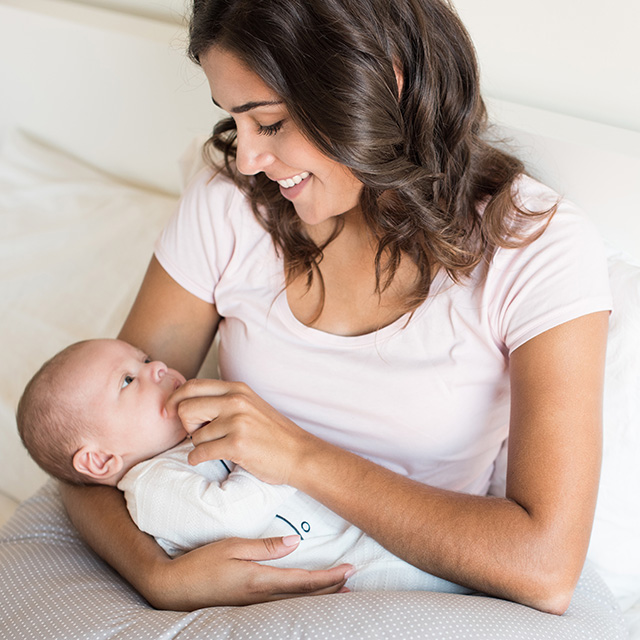 (If your baby still needs a feed in the night, the wakeup should be at a consistent time every night, and he should be able to feed and then get back to sleep without much fuss.)
(If your baby still needs a feed in the night, the wakeup should be at a consistent time every night, and he should be able to feed and then get back to sleep without much fuss.)
During the day, starting at about four months, Reilly suggests feeding your baby when he wakes up from a nap, rather than when he’s going down, which has the added benefit of giving your baby a full, hearty feed, rather than having him doze off and not getting all the milk he needs.
While there’s nothing inherently wrong with nursing your baby to sleep, if you want your baby to sleep through the night so you can too, you’ll likely have to change that nighttime feed. Whether he’s four months old, six months old, or even a year old, the most effective way to break the habit is to not make nursing the last step before sleep, and make sure that when he does nurse, he stays awake for the full feed. Mitelman recommends breaking the nursing-to-sleep habit at bedtime first. “It’s the easiest time because they are most primed for sleep.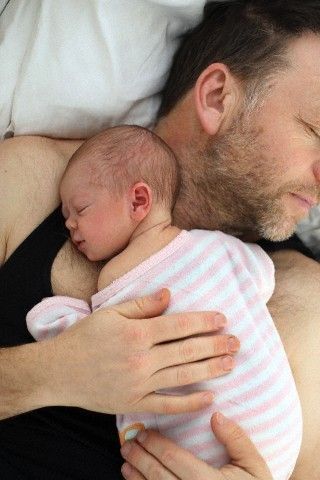 ”
”
Keep in mind, your baby will not likely take to the new routine without some protest, and the older they are, the stronger their protest is going to be. “A one-year-old who has had a whole year of being nursed to sleep will protest a lot harder than a younger child,” says Mitelman. She adds that wakeups for a one-year-old tend to be more prolonged than for a younger baby, too. “Oftentimes, what happens is they’re nursed to sleep, they wake in the night, the mother tries to nurse them back to sleep, but now their child may be up for one to two hours. It seems like they need to be nursed to sleep, but it’s really a habit that has been formed and, as the infant develops, it will no longer be an effective means of attaining healthy sleep.”
Stay consistent, say the experts, and know that you can break the habit. “The reality is everything is fixable when it comes to sleep,” says Reilly. It may help to keep your mind on the end goal, says Mitelman. “The habit needs to end if you want your baby to sleep through the night. ”
”
Watch Baby Grow!
Subscribe to Today’s Parent’s baby newsletter and find out what to expect for every stage and milestone, from birth to two years.- Email*
- Baby's due/birth date*
Month223456789101112
Day12345678910111213141516171819202122232425262728293031
Year2024202320222021
- CAPTCHA
- Consent*
Yes, I would like to receive Today's Parent's Baby newsletter. I understand I can unsubscribe at any time.**
FILED UNDER: Baby care baby sleep Breastfeeding nursing routine service seo
When should I feed my baby, before or after nap?
In fact, there are a lot of opinions. Pediatricians, most often, say that it does not matter when the baby eats - before or after dinner. And most importantly, what he eats, so they pay more attention to the diet than to the time of eating. And it makes good sense, no doubt. As for the rest, parents will have to make a decision based on the needs of the child. In particular, from how his daily routine develops. To do this, you need to take into account all the nuances.
Pediatricians, most often, say that it does not matter when the baby eats - before or after dinner. And most importantly, what he eats, so they pay more attention to the diet than to the time of eating. And it makes good sense, no doubt. As for the rest, parents will have to make a decision based on the needs of the child. In particular, from how his daily routine develops. To do this, you need to take into account all the nuances.
If the child does not eat well at all, he will have significant intervals between meals. There is nothing wrong with that, it's just that everyone has their own body. What one child needs is not needed by another. Such a child will get hungry after breakfast only if he walks and sleeps enough. If his mother forces him to eat before bed, he will most likely spend a lot of nerve cells. In this case, you do not need to torment either the child or yourself. When a child is very active, he needs a lot of calories. He quickly uses up the supply and again feels the need for food.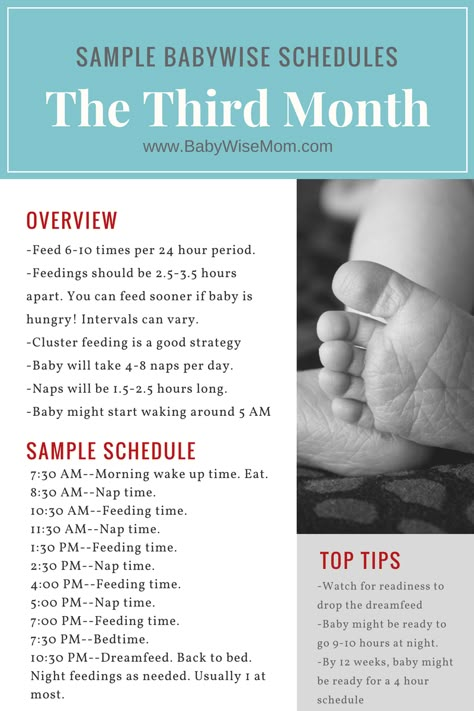 Surely such a baby will not fall asleep during the day until he eats.
Surely such a baby will not fall asleep during the day until he eats.
Do not feed before bedtime if:
• The child sleeps little after dinner.
• Sleeps restlessly, constantly tossing and turning.
• Gets up tired and not rested.
•
Indeed, the baby may not sleep well due to the fact that he ate before bedtime. Since the work of the stomach slows down during sleep, the food is digested for a long time and this can bother the child one way or another. There may be stomach pain, slight bloating and heaviness. When there are these symptoms, then the child should not be fed at bedtime. If the baby cannot sleep because he has not eaten, then you need to come up with an alternative. That is, do not feed him tightly. You can give fruits or low-fat cottage cheese. The baby will not feel discomfort after these products, but will sleep longer and calmer. In fact, this is better than feeding the child both soup and a second course before bedtime.
But there are children who wake up after sleep in a bad mood.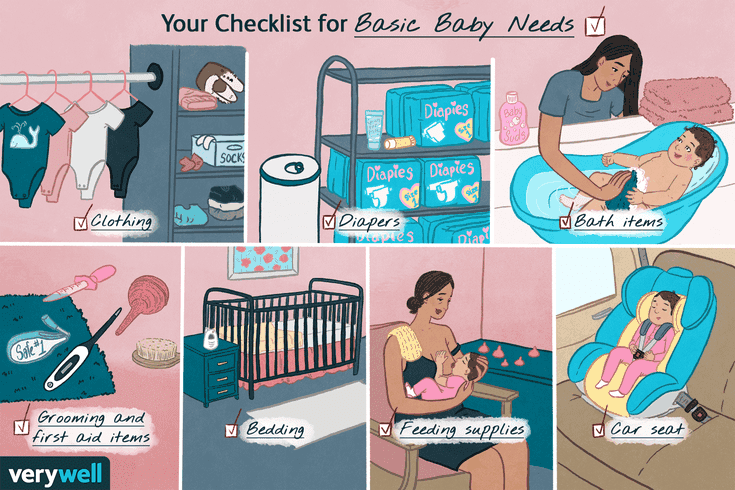 A capricious baby will come to his senses, it may take a long time. If he did not eat before going to bed, and does not take food for a long time after sleep due to whims, then this also does not have the best effect on his health. It would be more correct to feed such a child before bedtime, but not too tightly. Perhaps one of the reasons for his bad behavior after sleep is due to the fact that he did not eat. Again, other children are naughty before going to bed due to fatigue, and then he will definitely not have time for dinner. It is best to give him a drink and put him to bed. A rested and cheerful baby will definitely eat better.
A capricious baby will come to his senses, it may take a long time. If he did not eat before going to bed, and does not take food for a long time after sleep due to whims, then this also does not have the best effect on his health. It would be more correct to feed such a child before bedtime, but not too tightly. Perhaps one of the reasons for his bad behavior after sleep is due to the fact that he did not eat. Again, other children are naughty before going to bed due to fatigue, and then he will definitely not have time for dinner. It is best to give him a drink and put him to bed. A rested and cheerful baby will definitely eat better.
Before kindergarten, you can try to accustom your child to the kindergarten schedule. It is necessary to adjust the diet so that at lunchtime he wants to eat, as children in the kindergarten have lunch before bedtime. If the parents decide that their child will go to kindergarten, then you should immediately try to adapt to the general regime so that the baby is not hungry after a sleepy hour and feels good.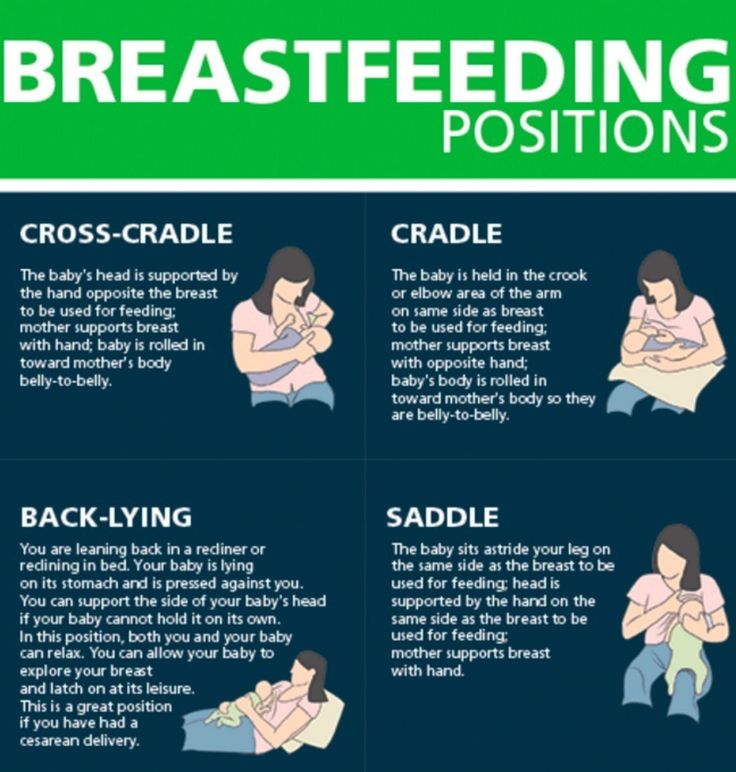 You need to accustom him gradually, and not in one day to change his schedule and habits.
You need to accustom him gradually, and not in one day to change his schedule and habits.
Best baby food plan:
1. Hearty breakfast.
2. Before dinner nap: Nutritious fruit (eg banana) and cottage cheese. Or fruit puree.
3. A hearty lunch after sleep: Soup and main course.
4. Snack - tea drinking.
5. Dinner.
Experts recommend sticking to this diet. But still it is worth remembering that this sample is not for everyone. Every mother should be able to identify the needs of her child and understand what he needs and when. No specialist will ever say for sure what someone else's child wants. Therefore, when a child expresses a desire to eat, it is not necessary to forbid him or when he does not want to force him to dine. Everything has its time. The kid himself will decide when he wants to eat before or after a nap.
Text Some children are eating. is the property of the NewbornRu project. Belongs to section Features of baby food Can you comment on the problems described in When should I feed my baby, before or after nap? leaving a comment.
Baby Sleep | Budgetary healthcare institution of the Omsk region "Regional Children's Clinical Hospital"
After returning from the maternity hospital, the child builds a sleep, wakefulness and feeding regimen himself.
How to help a child adjust to the lifestyle of adults and teach him not to confuse day and night? Elena Baibarina, chief neonatologist of the Ministry of Health of Russia, tells.
The mode will set itself…
During the first weeks after birth, it is quite difficult to change the baby's day and night mode. During this period, the child focuses on his feeling of hunger, and not on the time of day.
Pediatricians recommend feeding baby as requested by . In the first weeks of life, a newborn wakes up and asks for a breast every one and a half to two hours.
This is perfectly normal, because his digestive system is not yet developed and digests mother's milk in small portions.
... and then the parents
From the maternity hospital - home
Elena Baibarina, chief neonatologist of the Ministry of Health of Russia, talks about how the first days of a newborn at home should go.
After a few weeks, the baby can already suck out more milk at a time, which means that he stays full longer. The interval between feedings increases to 2.5-3 hours .
These changes in routine give mom more free time. First of all, it should be used for recreation. After all, even taking into account night feedings and caring for a child, a woman should sleep at least six hours a day.
Rest will help to avoid overwork and related problems: poor mood, depression, reduced milk production.
Good night!
At a few weeks old, a baby can already be "explained" the difference between day and night. Before putting your baby to sleep at night, follow certain ritual .
Choose the time at which you will put the child to bed, based on the habits of the family. If you go to bed late, calculate the time so that the baby sleeps until the first nightly feeding on his own, and then falls asleep with the whole family.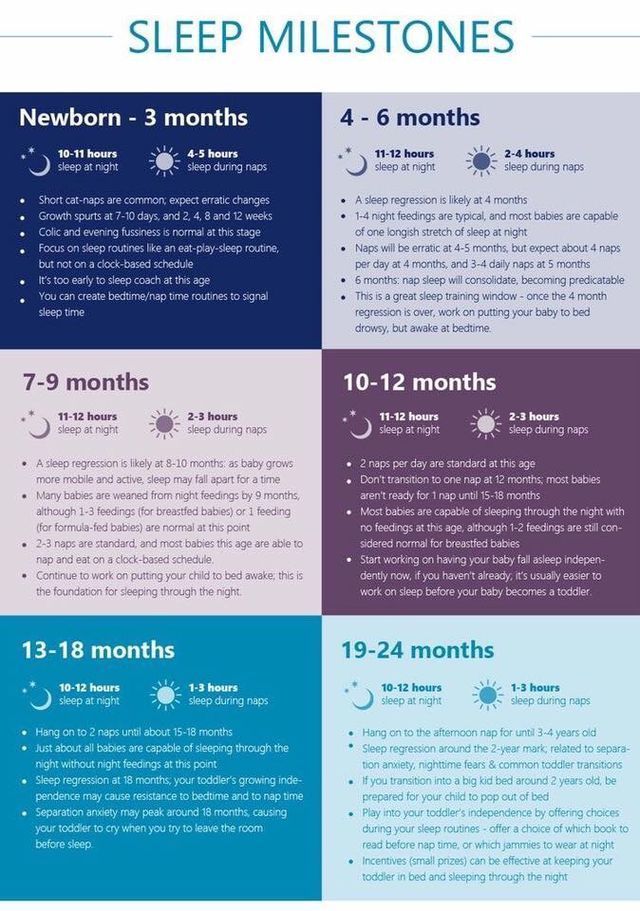
Bathe your baby before bed. If the child is too excited from bathing, it is better to move it to an earlier time. Then the baby will have time to calm down, eat and fall asleep soundly.
Talk to your baby, sing a lullaby or play soft music. Maybe the child will fall asleep better next to a musical toy that plays a melody and glows dimly for several minutes.
Let dad wait
Usually dad comes home from work in time for the bath. Despite the fact that the young father misses the baby a lot, do not let him talk noisily, actively disturb the child and play with him.
Dad can help you with bathing and talk calmly with the baby. The child will be pleased to hear his native voice, but he will not be overexcited.
Noisy games are best left until the weekend. At the same time, dad, yearning for parenthood, will provide mom with a couple of free hours.
No time to play at night
When it's time to feed or change a diaper in the middle of the night, don't turn on bright lights, move smoothly and talk quietly.
After feeding the baby and changing the diaper, immediately put the baby to bed , without allowing him to wake up completely.
Good morning!
Be sure to open the curtains in the morning to let in the daylight. Encourage your baby to play, turn on soft but energetic music.
First transport
Even the first journey in life - from the maternity hospital home - the baby must make in a car seat. Learn how to choose and use the correct child restraint.
Take your baby with you to the kitchen or another room. He should hear the usual household sounds: the sound of pouring water, a boiling kettle, the conversations of adults.
However, remember that the kitchen is a potentially dangerous place ! Never place your child where he can reach the stove, hot kettle, and food that is not intended for him.
Never eat or drink tea while holding a baby: one careless move and your baby will burn!
Daily activities
During the day baby will sleep after feeding.